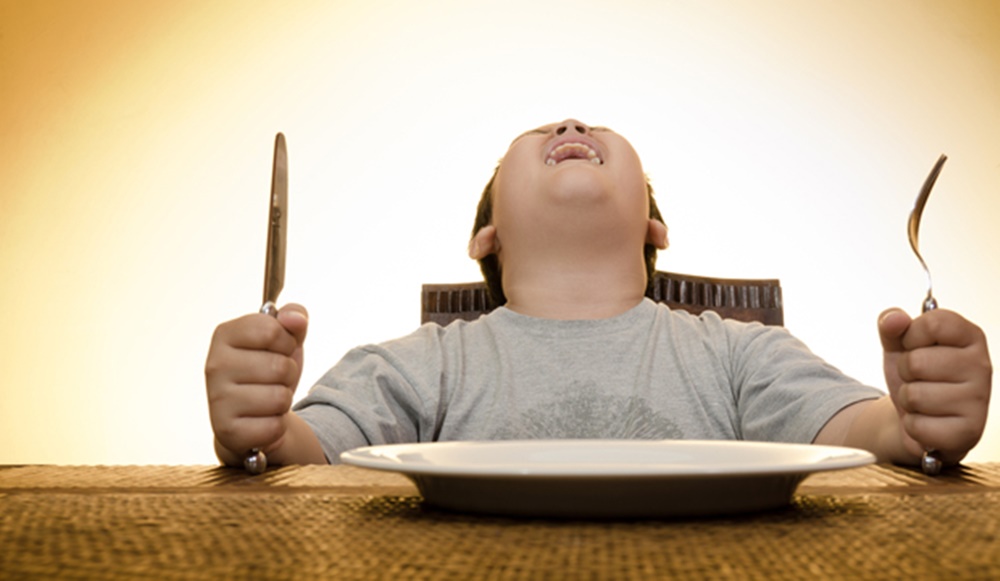Hunger is one of the main challenges during fasting. What really happens when the stomach feels hungry, and what if it does not eat immediately?
Hunger is the result of a series of processes that occur when the level of glucose or sugar in the blood thinning. When fasting, this usually occurs after 5-6 hours after eating dawn. Approximately, before dzuhur.
In the body, glucose is a fuel. This simple type of sugar is obtained from sweet foods and beverages, as well as the result of breaking down carbohydrates from rice or sweet potatoes. Also from pasta and bread, which in the body is stored in the form of glycogen.
When the glucose level is depleted, the child’s digestive system releases different types of hormones, including insulin. The release of these hormones is a signal that the body needs fuel intake. In the brain, this signal is translated as hunger.
What if not immediately eat, for example when fasting? Calm down, the body will not necessarily collapse when glucose reserves continue to thinn. When glucose runs out, the body will also use fat that actually serves as an energy reserve.
Eat do not be surprised if fasting is great for losing weight. By the metabolic system, the fat in the body will be broken into fatty acids to replace glucose as a fuel to generate energy.
If the body still does not get food intake, then this process will last for days until the fat reserves run out. And when the fat is gone, then that will be used as fuel is protein. That is, at this stage the body will start to eat itself. (zz)















